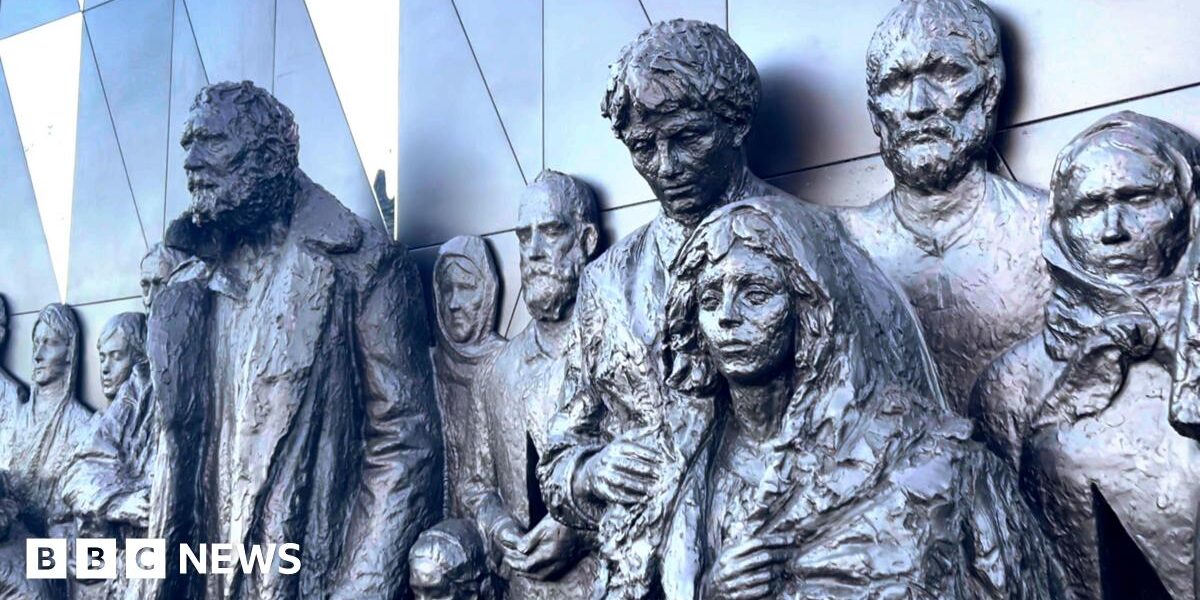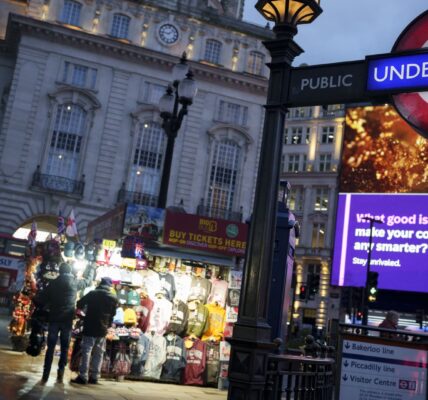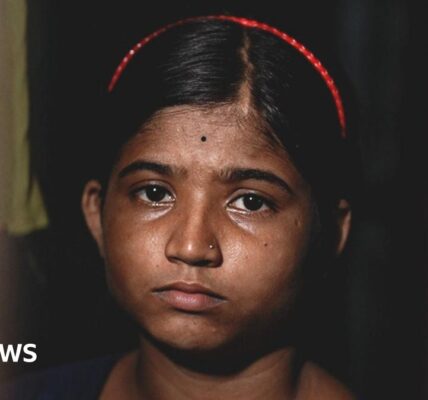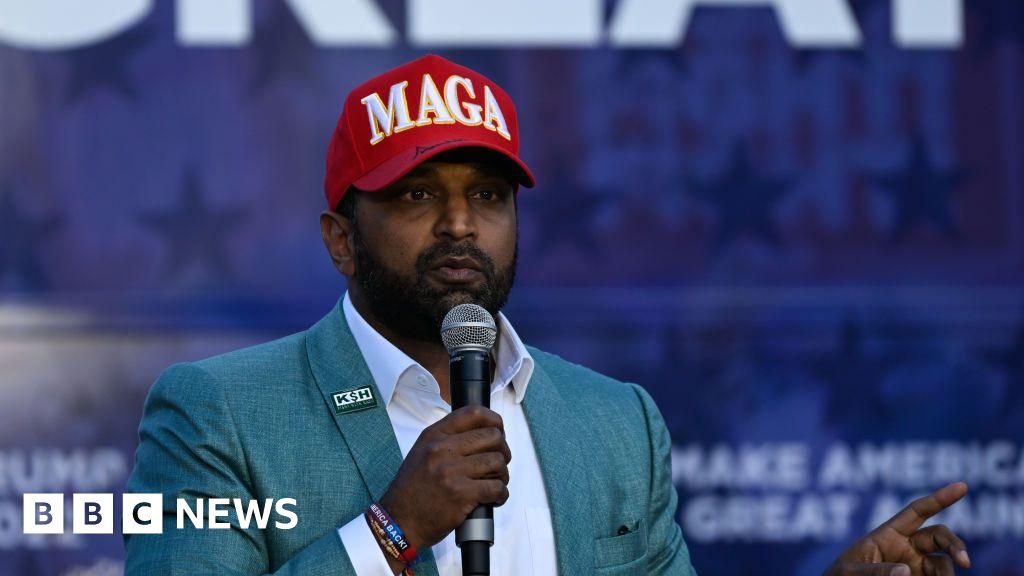In the Soviet Union there was little public discussion of the Holocaust and what had been the systematic murder of European Jews by Hitler.
On sites of mass execution of Jews by the Nazis, on Soviet territory, there were few monuments or plaques referencing Jewish victims.
That began to change after the fall of Communism. Russian officials began to speak proudly of their country’s historic role in defeating Hitler and saving the Jewish people from extermination.
Twenty years ago President Putin was invited to Poland to take part in events marking the 60th anniversary of the liberation of Auschwitz.
Speaking in Krakow on 27 January 2005 he noted:
“The Nazis chose Poland as the site of the planned mass extermination of people, above all, of Jews… we see the Holocaust not only as a national tragedy for the Jewish people but as a catastrophe for all of humanity.”
“It is our duty to remember the Holocaust,” he added.
Since then, Russia’s relations with Poland, Europe and the West in general have grown increasingly tense, especially after Russia’s full-scale invasion of Ukraine in 2022.
Russian officials have not been invited back to Poland for the 80th anniversary of the liberation of the Auschwitz camp.
“This is the anniversary of liberation. We remember the victims, but we also celebrate freedom,” the director of the Auschwitz Museum Piotr Cywinski wrote last September. “It is hard to imagine the presence of Russia, which clearly does not understand the value of freedom.”
The decision not to extend an invitation to Moscow has been condemned by one of Russia’s most influential Jewish leaders.
“Not inviting Russia is offensive to the memory of the liberators and their contribution to the victory over fascism,” Rabbi Alexander Boroda, president of the Federation of Jewish Communities of Russia said at a press conference recently in Moscow.
“It is a very bad sign because memory is important and there are common values that helped defeat fascism. Despite their differences, the countries of the anti-Hitler coalition, different political systems and ideologies managed to unite… for a common victory.”
Meanwhile, Jewish groups here are doing what they can to remind Russians of the past so that it is never repeated.
“The right wing is on the rise everywhere. The number of Holocaust deniers is increasing,” says Anna Bokshitskaya, Executive Director of the Russian Jewish Congress.
“That’s why it is crucially important to let people know about the events that happened more than 80 years ago.”





